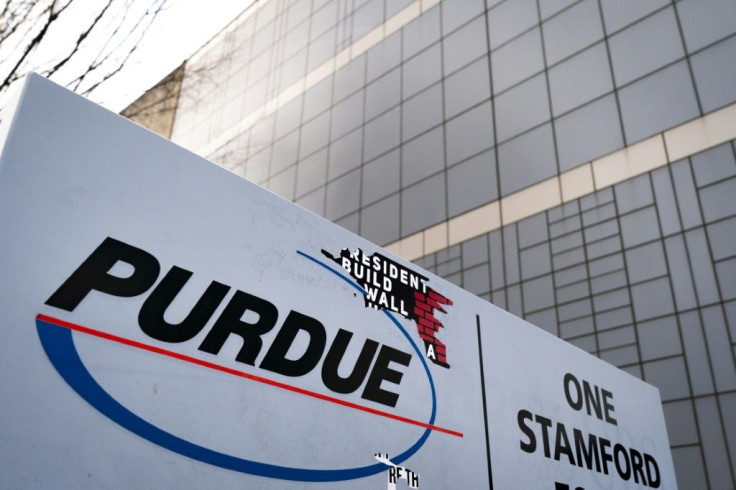Opioid Crisis Update: Purdue Pharma Owners Shielded $1B From Lawsuits, NY AG Says

OxyContin-maker Purdue Pharma’s owners, the Sackler family, tried to shield $1 billion as litigation stemming from the opioid crisis progressed, sheltering some of the funds through Swiss banks and real estate deals, the New York attorney general’s office said Friday.
The family reached a tentative agreement earlier this week to settle lawsuits filed by 22 attorneys general and 2,000 cities and counties. The settlement requires them to put up $3 billion in cash and $1.5 billion from the sale of a subsidiary, as well as put the company into bankruptcy where it will be reorganized into a trust that will help fight opioid addiction.
The attorney general’s office said it has traced $1 billion in wire transfers as a result of subpoenas to 33 financial institutions and investment advisers with ties to the family.
“While the Sacklers continue to lowball victims and skirt a responsible settlement, we refuse to allow the family to misuse the courts in an effort to shield their financial misconduct,” New York Attorney General Letitia James said in a statement. “Records from one financial institution alone have shown approximately $1 billion in wire transfers between the Sacklers, entities they control, and different financial institutions, including those that have funneled funds into Swiss bank accounts.”
The family is worth $13 billion, Forbes has estimated, but many of the attorneys general involved in the case say they believe members are worth a lot more. Twenty-six states have filed suit against family members individually for their roles in the crisis.
Court documents filed Friday by James’ office represented findings from a single financial institution, the New York Times reported. A series of transfers highlighted in the documents named Mortimer D.A. Sackler, a Purdue board member who transferred $64 million in 2009 from a previously unidentified trust through a Swiss bank account.
A spokesman for Sackler said the transfers are old news.
"There is nothing newsworthy about these decade-old transfers, which were perfectly legal and appropriate in every respect. This is a cynical attempt by a hostile AG's office to generate defamatory headlines to try to torpedo a mutually beneficial settlement that is supported by so many other states and would result in billions of dollars going to communities and individuals across the country that need help," the spokesman said in an email response.
Investigators say they believe much more money is involved.
“Already, these records have allowed the state to identify previously unknown shell companies that one of the Sackler defendants used to shift Purdue money through accounts around the world and then conceal it in at least two separate multimillion-dollar real estate investments back here in New York, sanitized [until now] of any readily detectable connections to the Sackler family,” David E. Nachman of the attorney general’s office wrote in the court filing.
The lawsuits accuse family members of aggressively marketing OxyContin as safe despite its addictive nature.
More than 702,000 Americans died of opioid overdoses between 1999 and 2017, 68% of which were attributed to prescription drugs, the Centers for Disease Control and Prevention reports.
© Copyright IBTimes 2024. All rights reserved.





















